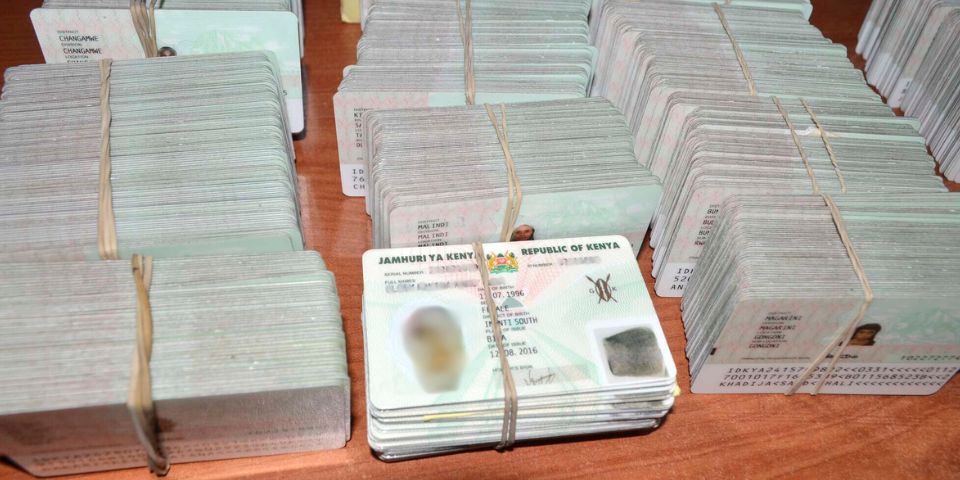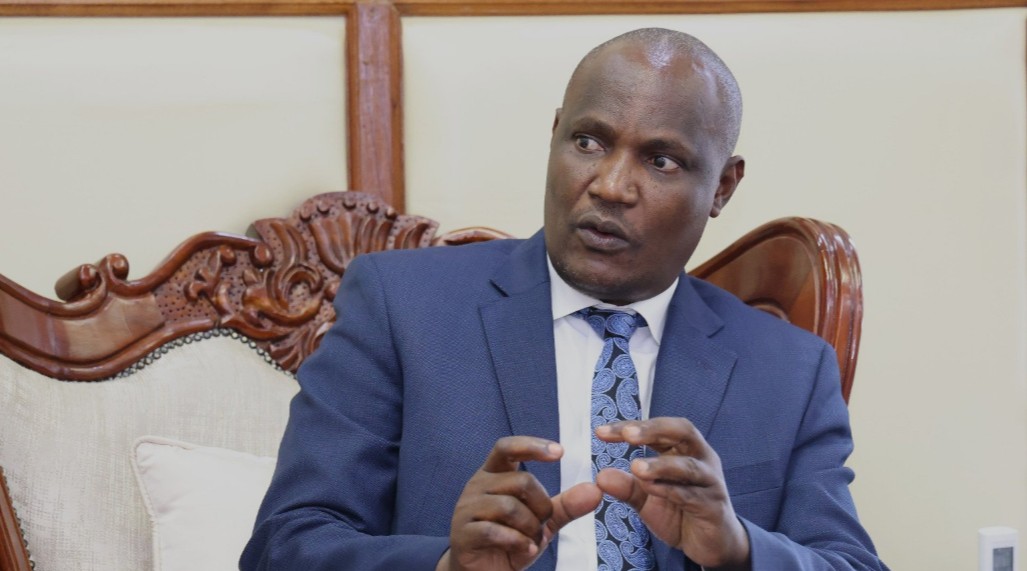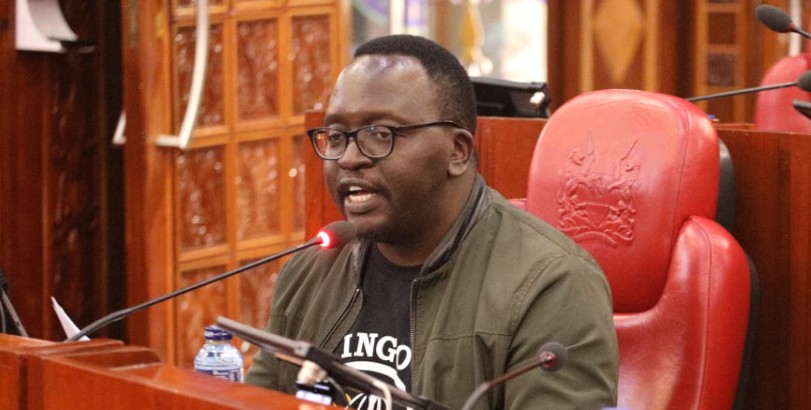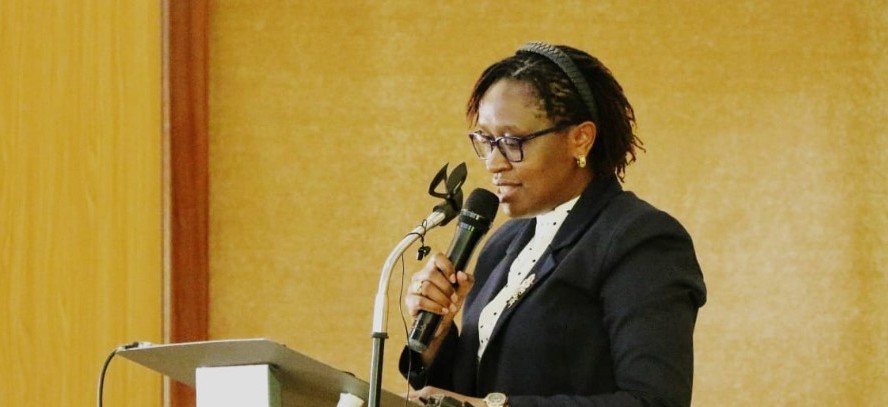CoG chair Ahmed Abdullahi: Impeachment wave against governors driven by political fights

The comments come amid a surge in motions against governors and deputies, reflecting growing tensions between county assemblies and executives. Since 2013, the Senate has reviewed 19 impeachment cases, with eight of them in the past three years.
Council of Governors Chair and Wajir Governor Ahmed Abdullahi has raised alarm over the frequent impeachment attempts targeting county executives, describing them as politically charged rather than driven by genuine accountability concerns.
Speaking on Tuesday, Governor Ahmed said governors remain highly vulnerable because their offices lack the political backing enjoyed by other leaders, leaving them exposed to hostile county assemblies.
More To Read
- Senate probe uncovers unpaid loans by ex-governors, county officials
- KMPDU, Kiambu County reach agreement ending five-month doctors’ strike
- ‘Impeach Kahiga’ – Nyeri erupts after governor’s controversial comments on Raila’s death
- Government condemns Governor Mutahi Kahiga’s remarks, warns against hate speech
- Council of Governors to elect new vice chair following Mutahi Kahiga's ouster
- Mutahi Kahiga resigns as Council of Governors Vice Chair, apologises for remarks on Raila's death
“The office of the governor does not have a lot of protection because of the disconnect between the political party system and the governors. Political parties believe that members of parliament are more useful because they pass bills for them,” he said.
The CoG chair observed that even governors aligned with majority parties often face removal motions without any intervention from their own political organisations.
“That is why you will find a governor who is being impeached by a majority party to which he belongs, yet the party does not intervene,” he stated.
He warned that impeachment should serve as a mechanism of last resort, not the first option in political disagreements.
“Impeachments should be a safety valve when things don’t work; it shouldn’t be the first arsenal that you throw at someone,” Ahmed added.
The Wajir governor further criticised independent agencies for targeting counties disproportionately.
“There is so much focus on the counties, and I think this is the problem that we have with the independent offices and commissions. They think that they have been set up to just oversight county governments,” he said.
He highlighted that most legal cases against governors eventually fail but leave lasting reputational harm.
“So many governors have been taken to court, but most of the time, the court throws out those cases. They are rushed, and some of them are very flimsy,” he noted.
He also stressed the ambiguity surrounding the legal framework for impeachment.
“We don’t even have a threshold for abuse of office, gross misconduct, and violating the Constitution? Even lawyers don’t agree whether impeachment is a legal or political process,” he said.
According to Ahmed, the majority of impeachment motions arise from county-level political conflicts rather than genuine misconduct.
“A lot of these impeachments have got to do with the toxic politics in our counties; there are factional struggles, succession plan issues, and it is not always about mismanagement,” he stated.
The comments come amid a surge in motions against governors and deputies, reflecting growing tensions between county assemblies and executives. Since 2013, the Senate has reviewed 19 impeachment cases, with eight of them in the past three years.
Recently, senators considered the removal of Kericho Governor Eric Mutai for the second time within a year, while a motion against Isiolo Governor Abdi Guyo was dismissed on a technicality just a month earlier.
Most motions accuse governors of corruption, harassment, and abuse of office, while the affected leaders maintain that they are victims of politically motivated witch hunts.
Top Stories Today












































